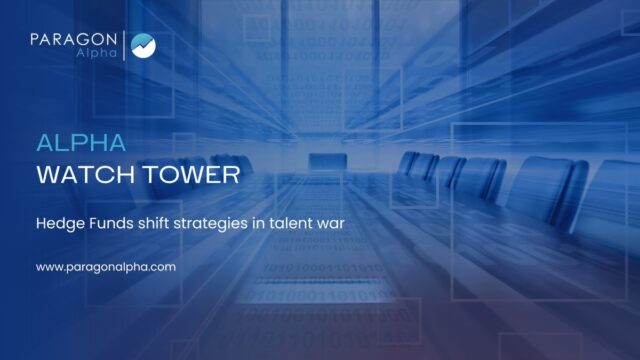The financial industry is witnessing a significant transformation as hedge funds like Citadel intensify efforts to integrate Artificial Intelligence (AI) into their operations. The recruitment of AI luminaries such as Li Deng by these funds underscores a strategic move to harness AI for competitive advantage. However, the fusion of AI technology and hedge fund culture presents unique challenges, including talent retention and aligning AI initiatives with business objectives.
Cultural and Operational Hurdles in AI Adoption
The integration of AI into the traditionally secretive and highly competitive hedge fund sector has not been seamless. One major issue is the cultural clash between the open-source ethos prevalent among AI researchers and the confidentiality that hedge funds operate under. This discrepancy often leads to difficulties in retaining AI talent, as the sector struggles to offer an environment that fosters the same level of collaborative and open-ended research that many AI professionals are accustomed to in academia or tech companies.
Furthermore, the operational integration of AI technologies into existing hedge fund strategies poses significant challenges. Hedge funds are now tasked with not only recruiting top AI talent but also ensuring these experts can effectively communicate and collaborate with traditional financial analysts and portfolio managers. This necessity for cross-disciplinary integration is crucial for the development of innovative market strategies that can leverage AI’s potential to analyze vast amounts of data for predictive insights.
The War for AI Talent in Finance
The competition for AI experts has intensified, with hedge funds offering high salaries to attract the best minds in the field. According to a report by GoodTime, 99% of the financial services sector is now utilizing automation or AI, indicating a broad industry acknowledgment of AI’s strategic importance. However, the war for talent goes beyond just financial compensation. Hedge funds must also offer a compelling work environment that respects the principles and working styles of AI professionals, which often include a preference for open-source collaboration and a desire to work on cutting-edge projects.
Despite the challenges, some hedge funds are making significant strides in integrating AI into their operations. Internal advocacy and the alignment of AI projects with business goals have been identified as key factors for successful AI implementation. By fostering an environment that encourages innovation while respecting the unique aspects of hedge fund operations, these funds aim to remain competitive in an increasingly tech-driven market.
Future Implications and Strategies
The ongoing integration of AI into hedge fund operations is not just about adopting new technologies; it’s about fundamentally rethinking how these firms operate and compete. As AI continues to evolve, hedge funds that successfully navigate the complexities of integrating AI technology and talent will likely emerge as leaders in the financial industry. This will require not only adapting to new technologies but also embracing cultural shifts within the organization.
The potential for AI to revolutionize hedge fund strategies is immense, but realizing this potential will depend on the industry’s ability to overcome the current challenges of cultural integration, talent retention, and strategic alignment. As hedge funds continue to navigate these waters, the broader implications for the financial services sector—and for the markets themselves—are profound. The journey towards AI integration is a testament to the industry’s resilience and adaptability in the face of rapid technological change.




